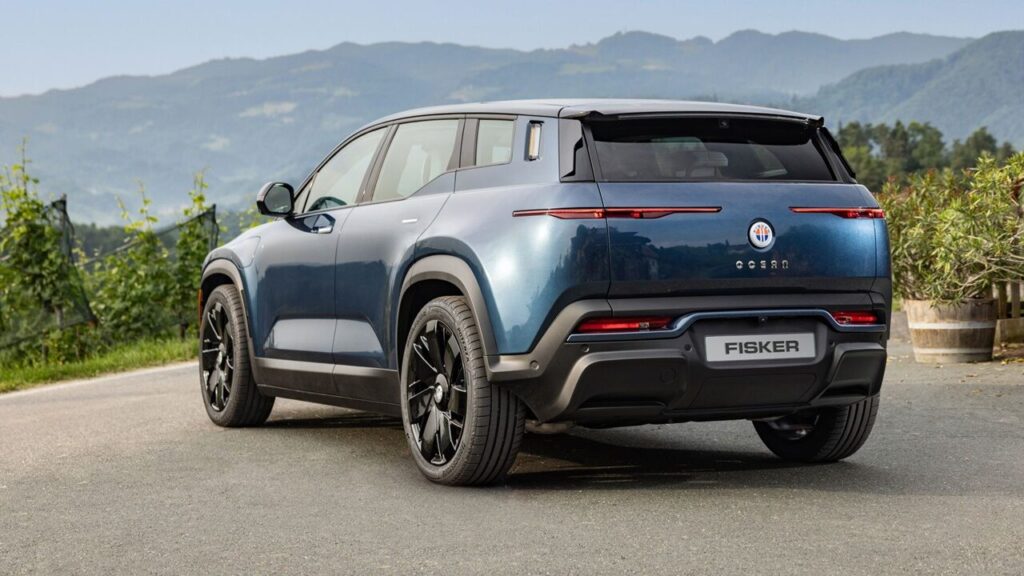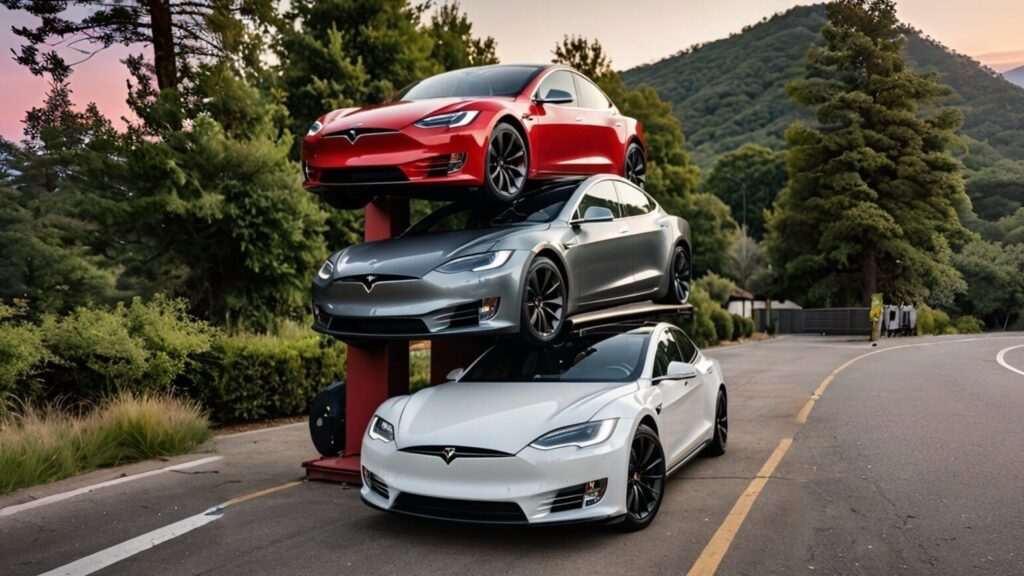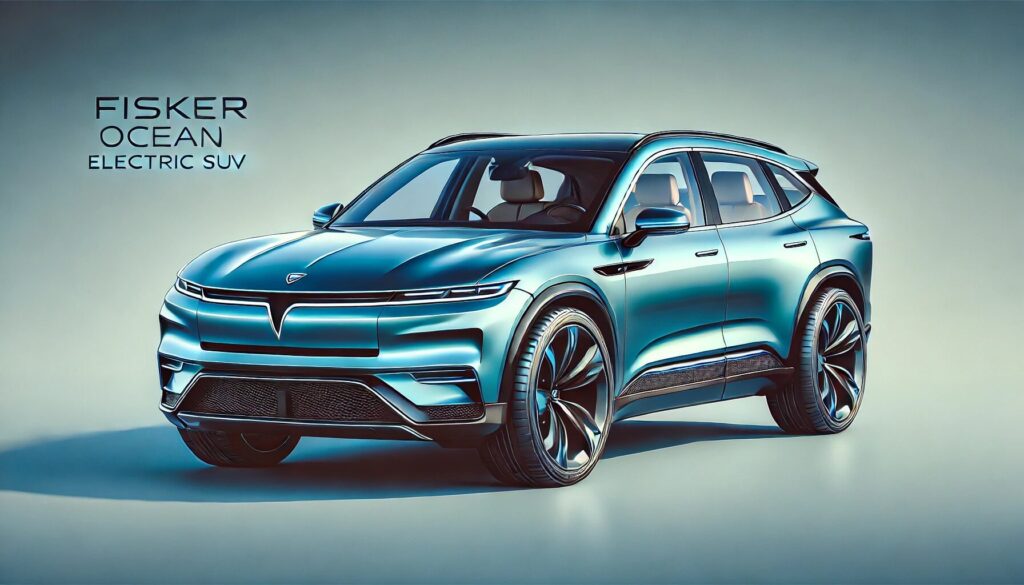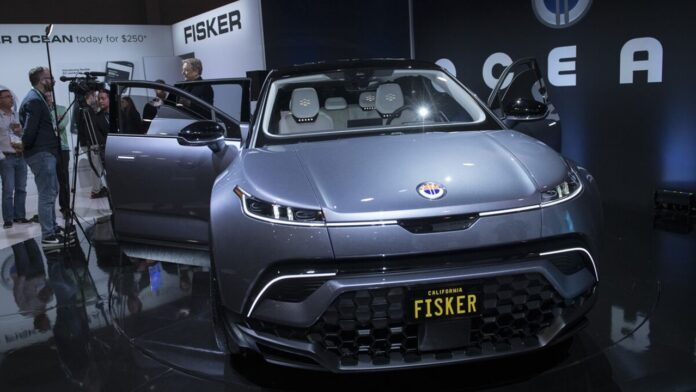In a significant development within the electric vehicle (EV) industry, U.S.-based electric car startup Fisker Inc. has filed for bankruptcy. This news marks a significant moment for the company founded by renowned automotive designer Henrik Fisker. Here are the details surrounding the company’s financial troubles and the implications for the EV market.
Fisker’s Bankruptcy Filing
Fisker Inc., known for its innovative electric vehicles, has announced its bankruptcy filing in the United States. The company highlighted the increasing challenges in the automotive sector, including market volatility and macroeconomic pressures, as key reasons for this decision. The filing aims to facilitate the sale of all the company’s assets to address its financial difficulties.

Reasons for Bankruptcy
Several factors contributed to Fisker’s financial distress:
- Production and Delivery Challenges: Fisker struggled with scaling up its production to meet demand. The company produced over 10,000 vehicles in 2024 but managed to deliver only about 4,700 units.
- Supply Chain Issues: Global supply chain disruptions hindered Fisker’s ability to maintain consistent production levels.
- Financial Instability: Fisker faced severe cash flow problems, exacerbated by its failure to secure additional funding from major automotive investors earlier this year.
- Regulatory and Safety Issues: Some Fisker models were under investigation in the U.S. due to safety concerns arising from accidents, further complicating the company’s situation.

Impact on the Market
Fisker’s bankruptcy highlights the broader challenges faced by new entrants in the EV market, emphasizing the difficulty of scaling operations in a highly competitive and capital-intensive industry. It also underscores the market pressures faced by even established players like Tesla, Ford, and BYD.
Fisker’s Future Prospects
With its bankruptcy filing, Fisker is now looking at potential asset sales. This includes evaluating direct sales of the company or its individual assets to interested parties. The outcome of these sales will determine the future of Fisker’s brand and technology.

Conclusion
Fisker’s bankruptcy filing serves as a cautionary tale for the EV industry, illustrating the formidable obstacles that startups must overcome to succeed. While the company had ambitious plans and innovative products like the Ocean SUV, financial and operational hurdles proved insurmountable. This development not only affects Fisker’s stakeholders but also offers valuable lessons for other companies navigating the evolving EV landscape.
For more details and updates on Fisker’s situation and the EV market, keep an eye on industry news sources.
Sources:

